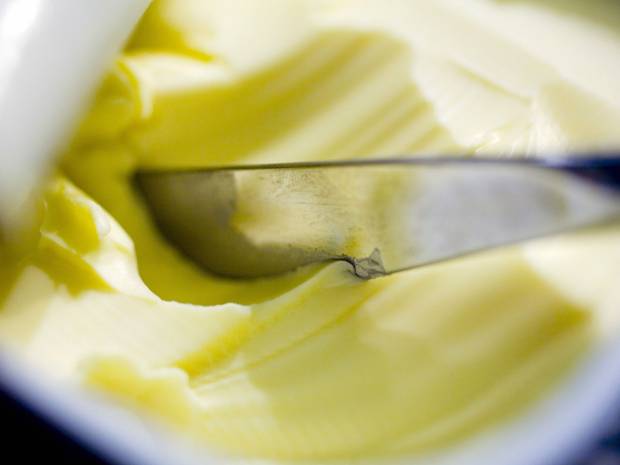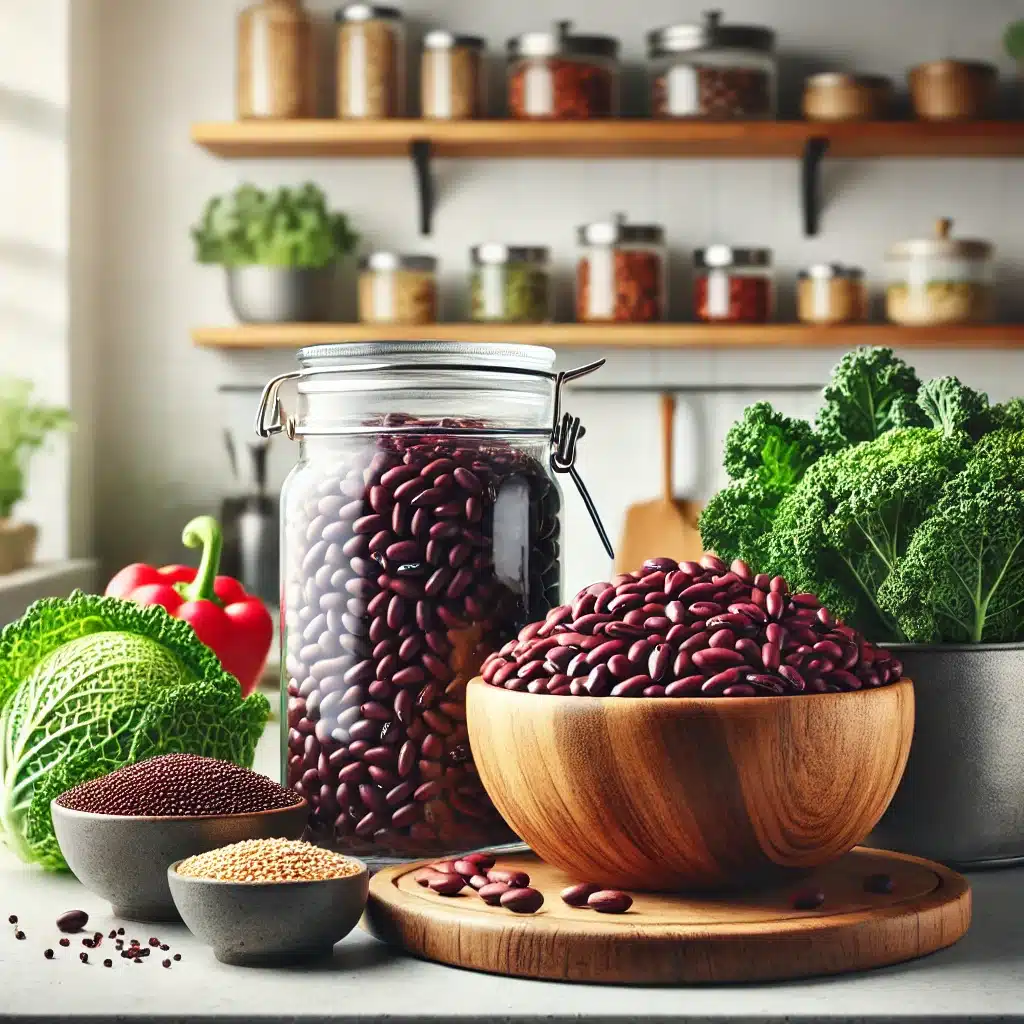
Margarine may be touted as a heart-healthy choice, but research suggests the claims supporting the switch from butter are less than scientific.
The Mayo Clinic – among other health authorities – encourages the consumption of margarine due to the cholesterol and saturated fat found in butter. But as Kris Gunnars of Authority Nutrition says, “a cow is more trustworthy than a chemist” when it comes to eating well.
“Given that nutrition professionals have been warning us about butter and pushing us towards processed industrial margarine, you would think that there was at least a hint of evidence suggesting this to lead to better outcomes,” Gunnars said. “Alas, no. Despite margarines being able to lower total and LDL cholesterol in the short term, they actually lead to the opposite effect when measuring hard outcomes.”
Butter is made from churned milk fat – plain and simple. Margarine, on the other hand, is highly processed, with the primary ingredients being vegetable oil mixed with emulsifiers, colors and artificial ingredients. Some types of margarine also are hydrogenated, which not only makes the substance harder but also turns some of the oils into trans fats, which are toxic.
While butter contains saturated fat and cholesterol, studies show that these are not necessarily linked to heart disease. A major study from the American Journal of Clinical Nutrition revealed there was no “significant evidence” that saturated fat increased the risk for heart disease.
The vegetable oils used in margarine “may be seriously harmful on their own,” Gunnars added, as the polyunsaturated Omega-6 fatty acids found in these oils, when consumed in abundance, are linked to heart disease, cancer and other problems.
Butter and other dairy products actually have been found to lower obesity risks and were not found to contribute to heart problems, contrary to what many scientists previously claimed, according to PubMed.gov.
“Not only does butter taste incomparably better, it’s a natural product that human beings have been eating and cooking with for centuries without damaging their health,” Joanna Blythman of The Daily Mail wrote. “Why swap it for margarine, a highly synthetic and unpleasant-tasting concoction laced with additives and cheap, low-grade oils refined on an industrial scale?
“Especially, if I tell you that without colorings, margarine isn’t yellow at all, but actually an appetite-crushing shade of sludgy gray,” added Blythman, noting that butter is high in vitamins, antioxidants, anti-fungals and anti-cancer properties.
Some companies that produce margarine have reformulated their recipes to cut back on the hydrogenated fats after “confronted with irrefutable evidence” regarding the health problems associated with margarine, she noted. While some of the formulas may have changed, the health risks for margarine have not.
“Once again, beliefs that have shaped official health diktats for decades are being turned on their head,” Blythman said. “More research urgently needs to be done, but that apology should precede it, ‘We got it wrong – sorry,’ would be a good start.”
Do you prefer butter over margarine? Why or why not? Tell us in the comments section below.
Sign up for Off The Grid News’ weekly email and stay informed about the issues important to you











